Religion: Synagogues/Temples
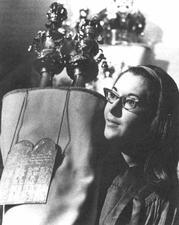
Reform Judaism in the United States

Sarah Rodrigues Brandon
Sarah Rodrigues Brandon (1798-1828) was born poor, enslaved, and Christian on the island of Barbados. By the time of her death thirty years later she was one of the wealthiest Jews in New York and her family were leaders in Congregation Shearith Israel. This entry explains Sarah’s life journey and highlights how her story relates to that of other women of mixed African and Jewish ancestry in early America.

Lonnie Zarum Schaffer
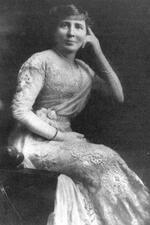
Carrie Obendorfer Simon
Carrie Obendorfer Simon helped shape the Reform movement as founder of the National Federation of Temple Sisterhoods, which quickly became the largest Jewish women’s organization in America.
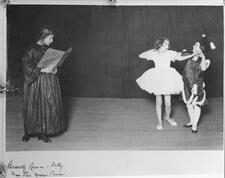
Sisterhoods of Personal Service in the United States
Sisterhoods of Personal Service coordinated the philanthropic work of synagogue sisterhoods across New York City and the United States in the late nineteenth and early twentieth centuries, assisting a considerable number of immigrants through a variety of financial, vocational, educational, and social programs.
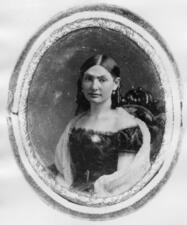
Hannah Marks Solomons
Hannah Marks Solomons was an influential San Francisco educator and civic worker, as well as the wife of a leading member of the Jewish community.
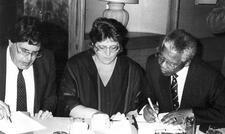
South Africa
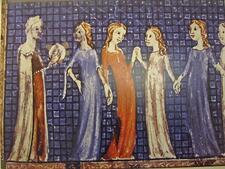
Medieval Spain
Written histories of Jews in medieval Spain rarely include women, so one must seek alternate sources. Marital status was the frequent topic of rabbinic responsa. Some Jewish women made their own income as merchants and moneylenders. Inheritance laws were problematic for Jewish women – disputes were settled in both Jewish and non-Jewish courts.
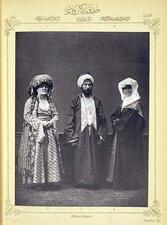
Turkey: Ottoman and Post Ottoman
The Jewish population of Turkey navigated far-reaching changes in the political, social, and geopolitical spheres in the late nineteenth and the early twentieth centuries, as the Ottoman Empire pursued reform and collapsed and the Turkish Republic that took its place imposed a process of “Turkification” on its residents. During this period, Jewish women partook in traditional customs relating to religion, family, and the home, while also accessing new opportunities in the public sphere through education and political engagement.
Union of Jewish Women
Influenced by their American counterparts, Anglo-Jewish women organized a Conference of Jewish Women in 1902, which led to the foundation of a national organization, the Union of Jewish Women. The UJW determined the social service agenda for English Jewish women until World War I.


